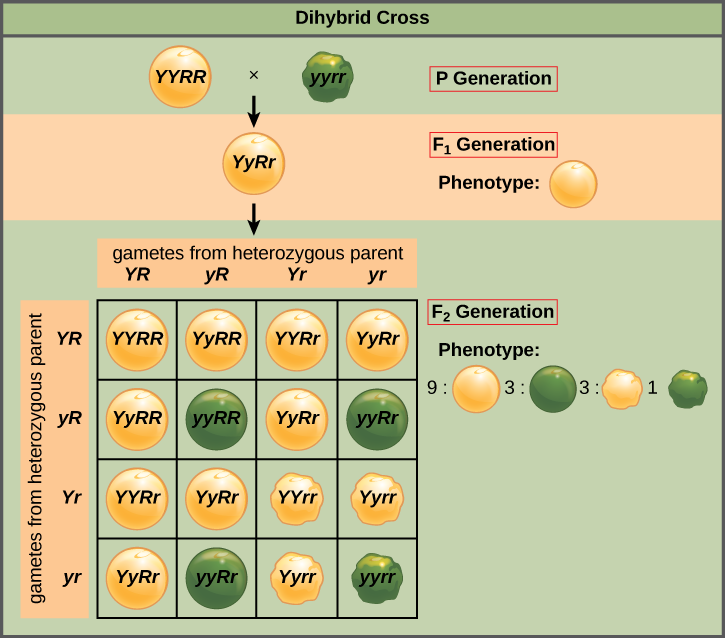 Last year privacy data advocates revealed proposed upcoming legislation to establish an online privacy law that provides harder privacy standards for Facebook, Google, Amazon and numerous other online platforms. These businesses gather and use vast quantities of consumers individual information, much of it without their understanding or real approval, and the law is planned to defend against privacy harms from these practices.
Last year privacy data advocates revealed proposed upcoming legislation to establish an online privacy law that provides harder privacy standards for Facebook, Google, Amazon and numerous other online platforms. These businesses gather and use vast quantities of consumers individual information, much of it without their understanding or real approval, and the law is planned to defend against privacy harms from these practices.
The greater standards would be backed by increased charges for disturbance with privacy under the Privacy Act and greater enforcement powers for the federal privacy commissioner. Major or repeated breaches of the law could carry penalties for companies.
What Would You Like Online Privacy With Fake ID To Change Into?
Pertinent business are likely to try to prevent commitments under the law by drawing out the procedure for drafting and signing up the law. They are also most likely to try to omit themselves from the code’s coverage, and argue about the meaning of individual info.
The current meaning of personal info under the Privacy Act does not clearly include technical information such as IP addresses and gadget identifiers. Upgrading this will be crucial to guarantee the law is effective.
The law would target online platforms that «collect a high volume of individual info or trade in individual details», including social media networks such as Facebook; dating apps like Bumble; online blogging or online forum websites like Reddit; video gaming platforms; online messaging and video conferencing services such as WhatsApp, Zoom and data brokers that trade in personal information as well as other big online platforms that gather individual details.
The law would impose higher requirements for these companies than otherwise apply under the Privacy Act. The law would also set out specifics about how these organisations must satisfy obligations under the Privacy Act. This would include greater requirements for what constitutes users consent for how their data is utilized.
The federal government’s explanatory paper says the law would require consent to be voluntary, informed, unambiguous, specific and current. The draft legislation itself does not actually state that, and will require some amendment to achieve this.
This description draws on the definition of approval in the General Data Protection Regulation. Under the proposed law, consumers would need to give voluntary, informed, unambiguous, specific and present grant what business make with their information.
In the EU, for instance, unambiguous approval implies a person must take clear, affirmative action– for example by ticking a box or clicking a button– to consent to a use of their information. Consent needs to also be specific, so business can not, for example, need consumers to consent to unassociated usages such as marketing research when their data is only required to process a particular purchase.
The customer supporter recommended we ought to have a right to erase our individual data as a means of reducing the power imbalance in between consumers and big platforms. In the EU, the «ideal to be forgotten» by online search engine and the like is part of this erasure right. The federal government has actually not embraced this suggestion.
Nevertheless, the law would consist of a responsibility for organisations to adhere to a consumer’s affordable demand to stop using and revealing their individual information. Companies would be permitted to charge a non-excessive fee for fulfilling these demands. This is a very weak variation of the EU right to be forgotten.
Amazon currently states in its privacy policy that it utilizes clients individual data in its marketing service and discloses the data to its large Amazon.com business group. The proposed law would imply Amazon would need to stop this, at a consumers request, unless it had affordable premises for refusing.
Ideally, the law ought to also permit consumers to ask a business to stop gathering their individual details from third parties, as they currently do, to build profiles on us.
How To Turn Your Online Privacy With Fake ID From Blah Into Fantastic
The draft bill also consists of a vague provision for the law to add protections for kids and other vulnerable individuals who are not efficient in making their own privacy decisions.
A more questionable proposition would need new approvals and verification for kids utilizing social media services such as Facebook and WhatsApp. These services would be required to take sensible actions to confirm the age of social networks users and obtain adult authorization before collecting, using or revealing personal details of a kid under 16 of age.
A key tactic companies will likely utilize to avoid the brand-new laws is to declare that the details they utilize is not really individual, given that the law and the Privacy Act just apply to personal information, as defined in the law. Quite a few individuals realize that, sometimes it may be needed to register on internet sites with fictitious information and many individuals may wish to consider yourfakeidforroblox!!
The business might claim the data they collect is just connected to our private gadget or to an online identifier they’ve designated to us, instead of our legal name. The result is the exact same. The information is used to construct a more comprehensive profile on an individual and to have effects on that person.
The United States, requires to upgrade the definition of individual information to clarify it including information such as IP addresses, device identifiers, location data, and any other online identifiers that might be utilized to identify a specific or to engage with them on a private basis. Data should just be de-identified if no individual is identifiable from that data.
The federal government has vowed to give tougher powers to the privacy commissioner, and to strike business with harder penalties for breaching their responsibilities as soon as the law comes into impact. The maximum civil penalty for a repeated and/or major disturbance with privacy will be increased up to the comparable penalties in the Consumer protection Law.
For people, the optimum penalty will increase to more than $500,000. For corporations, the optimum will be the greater of $10 million, or three times the value of the benefit received from the breach, or if this value can not be determined 12% of the business’s annual turnover.
The privacy commission could also provide infringement notices for failing to offer appropriate information to an examination. Such civil charges will make it unnecessary for the Commission to resort to prosecution of a criminal offence, or to civil litigation, in these cases.
Do not hold your breath. It will take around 13 months for the law to be established and signed up if legislation is passed. The tech giants will have plenty of chance to develop delay in this process. Companies are most likely to challenge the material of the law, and whether they need to even be covered by it at all.